In first-of-its-kind discussion with market leaders, scientists, and civil society, Members acknowledge need to move towards sustainable, long-term harvest strategies
On Friday 4th June, MEP Mrs. Caroline Roose (The Greens/EFA), in partnership with The Pew Charitable Trusts, hosted a landmark webinar on the future of fisheries management. More than 130 attendees, including representatives from E.U. Member States, representatives of the E.U. Commission, Members of the European Parliament, officials of European fishermen’s associations, fisheries market leaders, scientists, conservationists, and members of civil society, joined the discussion about harvest strategies, a modern approach to fisheries management based on setting a pre-agreed framework for making management decisions for fish stocks worth billions of euros each year.
Traditionally, regional fisheries management organisations (RFMOs) have relied on annual political negotiations to set catch levels for fish stocks, often to the detriment of sustainability. With a significant number of States taking an economic interest in fisheries, total allowable catches are often set at levels that exceed scientific advice, putting short-term priorities over long-term population health and fishery productivity. The resulting overfishing has led to concerning declines for several important stocks.
This week, the Indian Ocean Tuna Commission and the Inter-American Tropical Tuna Commission, two RFMOs with the EU as a contracting party, are holding meetings to discuss new management for vulnerable stocks in their respective management areas. Both are behind on implementing commitments to harvest strategies, and as a result, tunas in the Indian and eastern Pacific oceans remain at-risk. A turn to science-based harvest strategies would eliminate the need for yearly catch limit negotiations, help end overfishing, and allow stocks to recover.
MEP Roose, who organized the webinar, said “It is urgent that RFMO members meet the agreed deadlines for the adoption of these harvest strategies. The EU must take the lead in implementing them, in order to reach the objectives of its Green Deal. We therefore encourage the European Commission to push for management measures within RFMOs that ensure sustainability across the global ocean, for all tuna stocks.”
Anders Jessen, the deputy director and head of unit for regional fisheries management organizations at DG MARE, added, “The EU believes that harvest strategies represent an important and innovative step towards a sounder science-based fishery management framework and that it has an important role to play in promoting this important tool in modern fisheries management. It offers an important opportunity to better deal with uncertainty and ecosystem considerations, and to move from a more reactive short-term management framework to a paradigm promoting a mid to long-term perspective in fishery management.”
Tom Pickerell, executive director of the Global Tuna Alliance noted, “While the discussion on harvest strategies at the webinar shows that momentum for their adoption is growing, without swift action, stocks will suffer from politicized yearly negotiations. However, when they are adopted, there will be greater transparency, predictability, and stability in fisheries worldwide, leading to healthy stocks, and better fishing for all stakeholders.”
The webinar was recorded, and slides are available HERE.
Password: =9wb@QH%
